Luke Slattery: Signal fiasco may be amusing, but it reveals something deeply sinister
The high-level security chat preceding the Houthi bombing, though darkly comical, reveals something even more sinister: a superpower demanding remuneration from any minor powers that might benefit from its use of force.
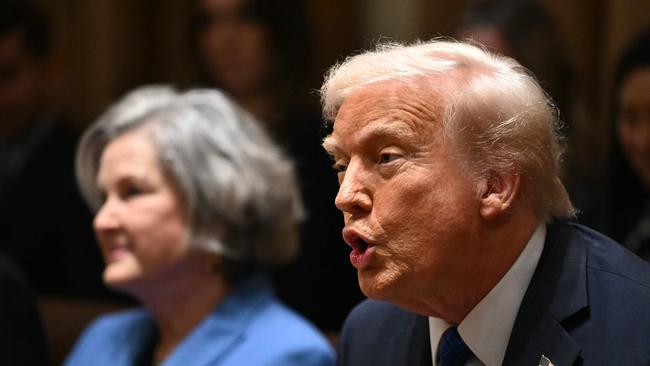
There are many disturbing, almost darkly comical strains to the Houthi bombing group chat to which Atlantic editor Jeffrey Goldberg was inadvertently invited, and on which he has sensationally reported.
The hubristic victory emojis strike a gloating Team-America-World-Police note.
The scorning of Europe confirms our worst fears of a crack in the Western alliance. And Trump’s absence – was he at golf? – is deeply strange.
But perhaps the most worrisome feature of all is the mercenary tone struck by SM: presumably White House deputy chief of staff and homeland security adviser Stephen Miller.
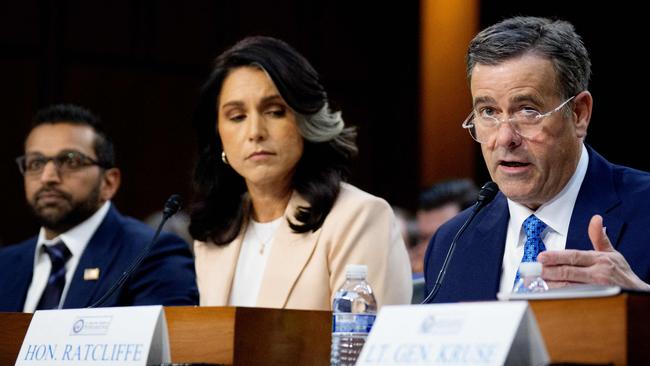
The not-so-private group, including secretary of defence Pete Hegseth and Vice-President JD Vance, has just given the March 15 strike against targets in Yemen the green light, and is wrapping up, when SM adds. “ … but we soon make clear to Egypt and Europe what we expect in return. We also need to figure out how to enforce such a requirement. EG, if Europe doesn’t remunerate, then what? If the US successfully restores freedom of navigation at great cost there needs to be some further economic gain extracted in return.”
The word “transactional” is often used to describe Trump’s brand of hard-line politics, though it has recently been suggested, by New York Times columnist David Brooks, that “extortionist” might be more apt.
“Extortion is, I bully you until you give me what I want,” Brooks said on his PBS week-in-politics slot apropos of Trump.
The line of thinking suggested by Stephen Miller’s comments – behind doors that were in reality wide open – goes one step further. We’re looking here at the makings of America the Mercenary superpower.
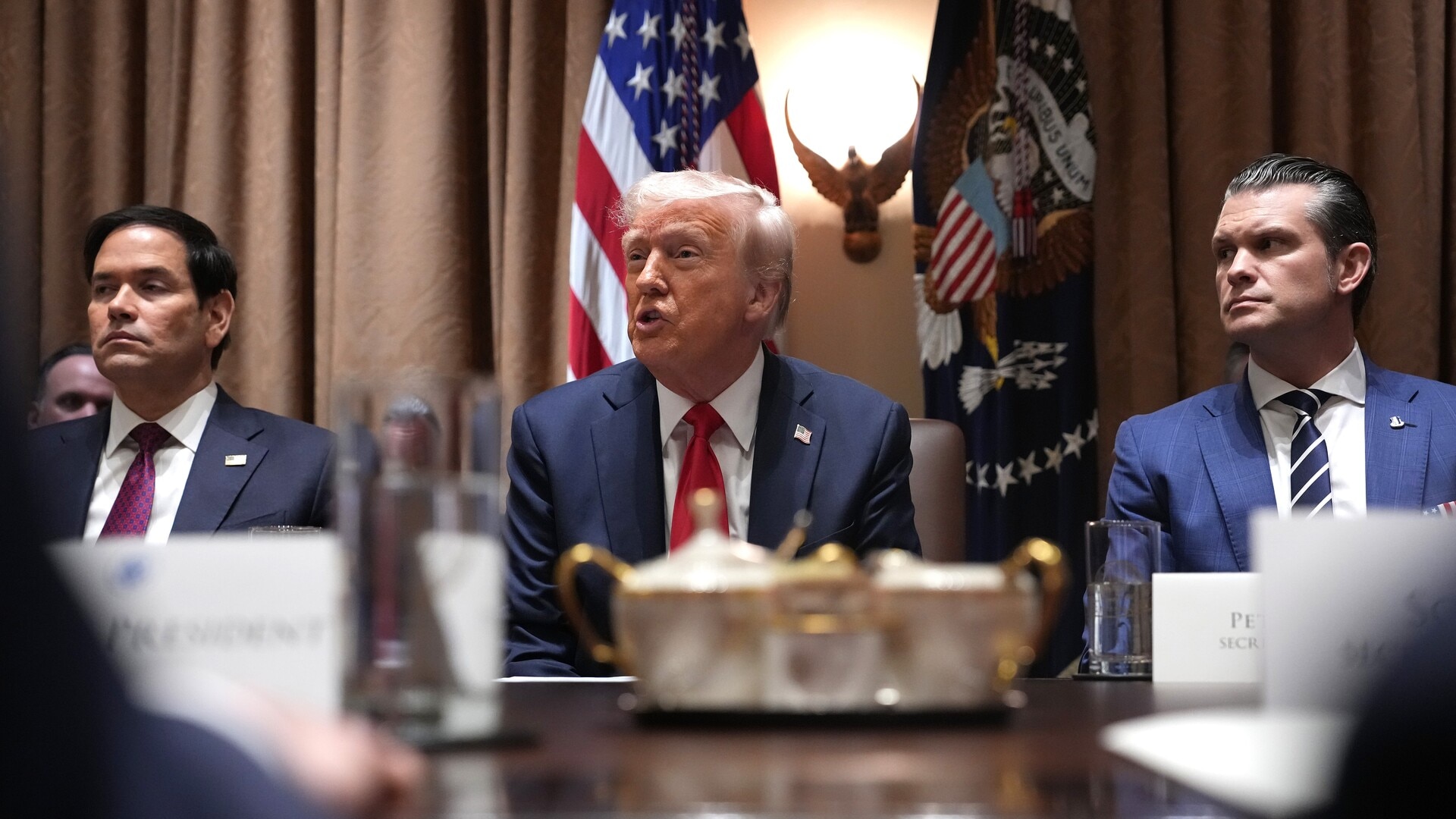
Miller’s comments directly follow those by the user identified as Hegseth, who boasts: “ … we are the only ones on the planet (on our side of the ledger) who can do this. Nobody else even close. Question is timing. I feel like now is as good a time as any, given POTUS directive to reopen shipping lanes. I think we should go …”
Somewhat earlier, a sceptical JD Vance had pointed out that only three per cent of US trade runs through Suez. “40 per cent of European trade does. There is a real risk that the public doesn’t understand this or why it’s necessary. The strongest reason to do this is, as POTUS said, to send a message.”
The prevailing logic in Trump World can be woven together from these threads.
It goes something like this: the US feels compelled to strike Houthi rebel positions threatening maritime trade in the Red Sea to send a message – presumably to the Houthis rebels’ backer Iran.
But in so far as military action will help restore freedom of navigation to the Red Sea, something “in return” is expected of Europe and Egypt: the direct beneficiaries of US force. It takes the form of “further economic gain”.

In order to extract remuneration – in effect payment – for its military action, the US needs to figure out how to “enforce” its demand.
What mechanisms will it use to bully Europe and Egypt into paying up. Threats to withdraw military protection? Economic pain? Or a combination of the two?
It’s not clear from the group chat, but the answers will doubtless emerge in time.
But what is blindingly clear is the shape of group think underlying the group chat: Trump has positioned the US military as an explicit arm of the US economy. Time was when such an assertion would be heard only from the mouths of rusted-on Marxists, but the remarks by Trump’s national security team lay it all bare.
Commentators struggling to keep up the pace with Trump the Berserker have generally fallen back on two historical frames of reference in foreign policy.
Some have discerned similarities between Trump’s nostalgic global vision and Vladimir Putin’s, and how they seem determined to turn back the clock in tandem to the 18th century Age of Empires when the world was divided into a small number of great powers and their orbit of vassal states.
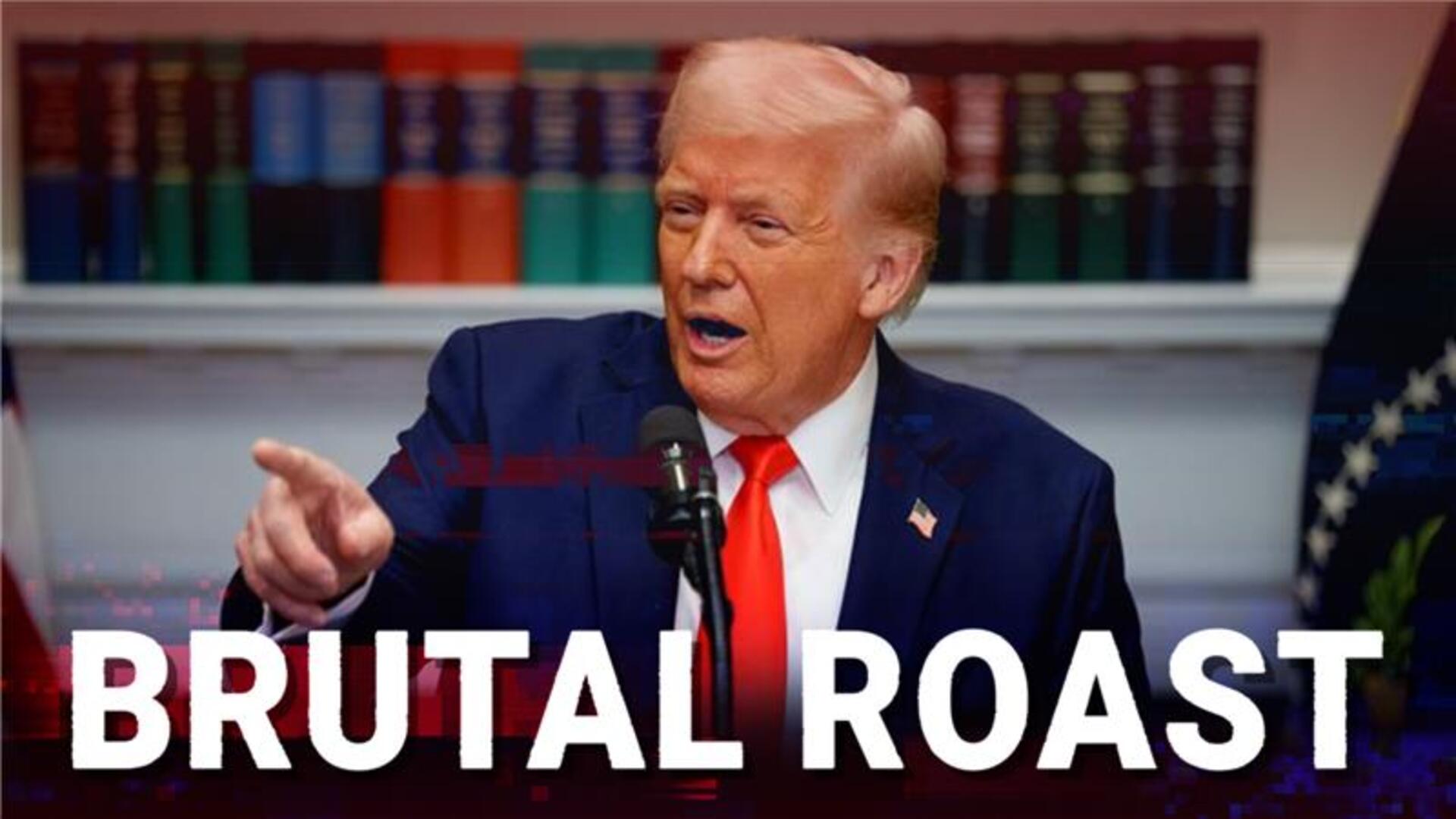
Others have detected the origins of both Trump and Putin’s foreign policy in the presumption that “might is right”. This idea is first articulated in the famous 5th Athenian embassy to the embattled Melians, as reported by the Greek historian Thucydides. He has the Athenians lecture the Melians: “ … the standard of justice depends on the equality of power to compel and that in fact the strong do what they have the power to do and the weak accept what they have to accept.”
Malcolm Turnbull, speaking on the Foreign Affairs Interview, claimed it was “very clear” that Trump sees the world in terms of the “might is right” ideal.
“It’s why he admires Xi Jinping or Vladimir Putin or at a smaller scale [Turkey’s president] Recep Erdogan and [Hungary’s Prime Minister] Viktor Orban.

The high-level security chat preceding the Houthi bombing, though darkly comical in its sheer ineptitude, reveals something even more sinister: a superpower demanding remuneration from any minor powers that might benefit from its use of force.
If the US had used lethal power in this manner during World War Two it would have plunged Europe into decades of debt. Instead it cobbled together the Marshall Plan to aid European reconstruction. But that era of US foreign policy is long gone.
Trump is ushering in a period of military adventurism with explicitly mercantile aims. In the process he is turning America into a mercenary superpower.
JD Vance was right to warn the Munich Security Conference about the arrival of a “new sheriff in town”. But the gunman is no good guy.
Luke Slattery is an author, journalist and literary critic.


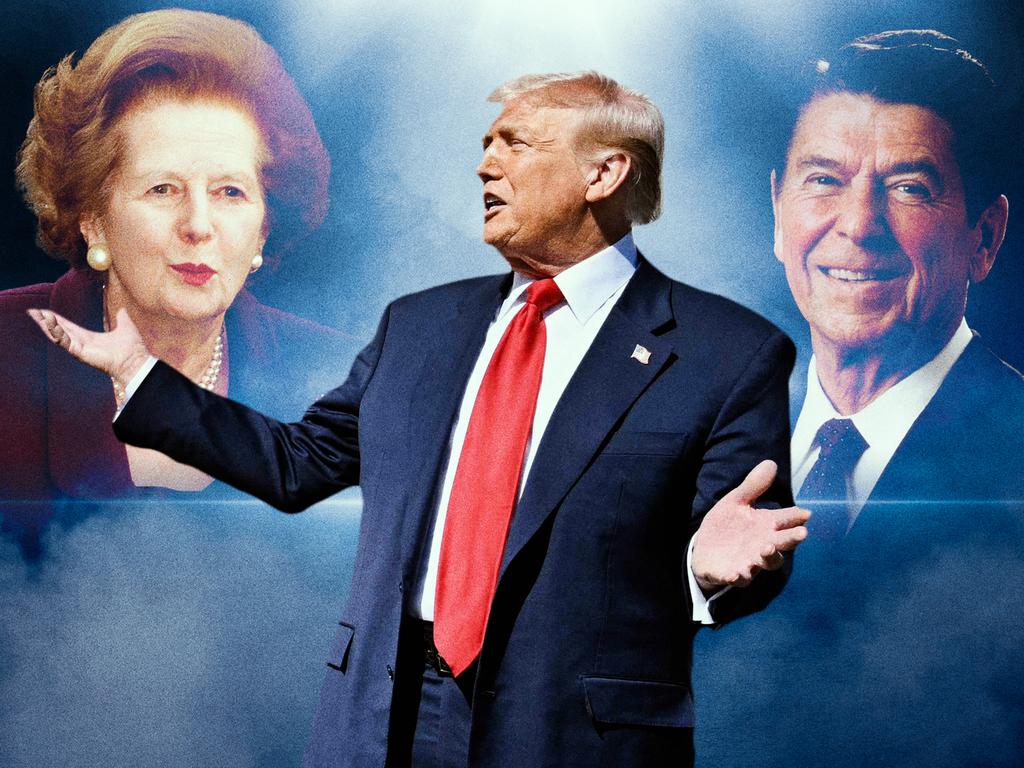
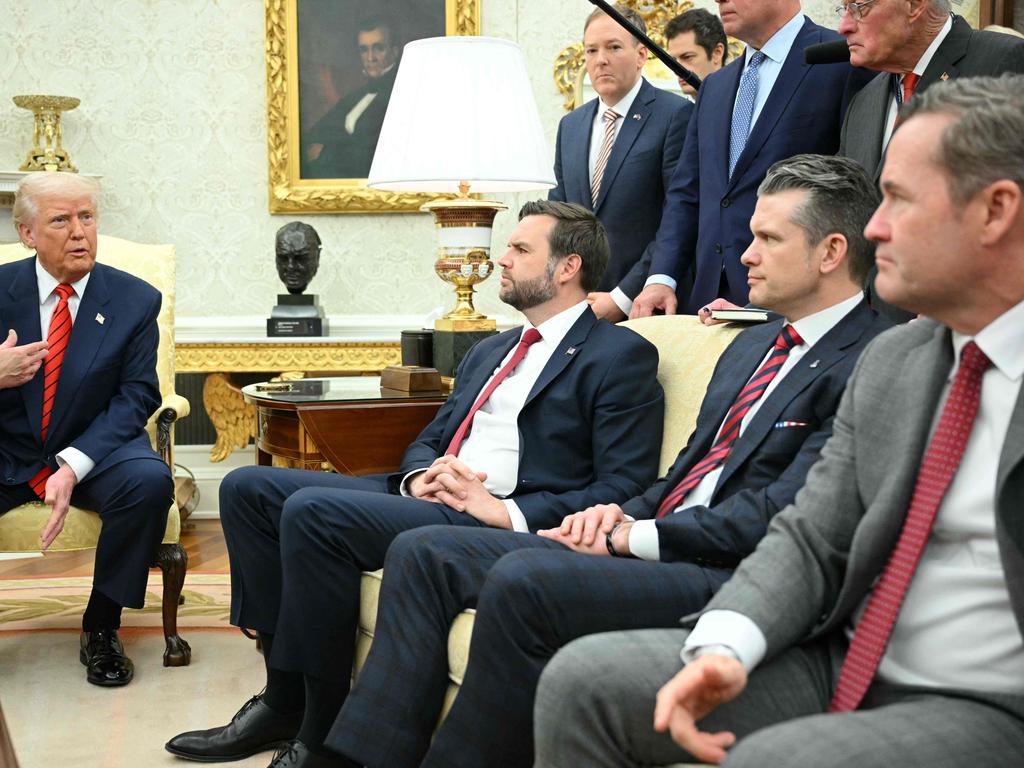

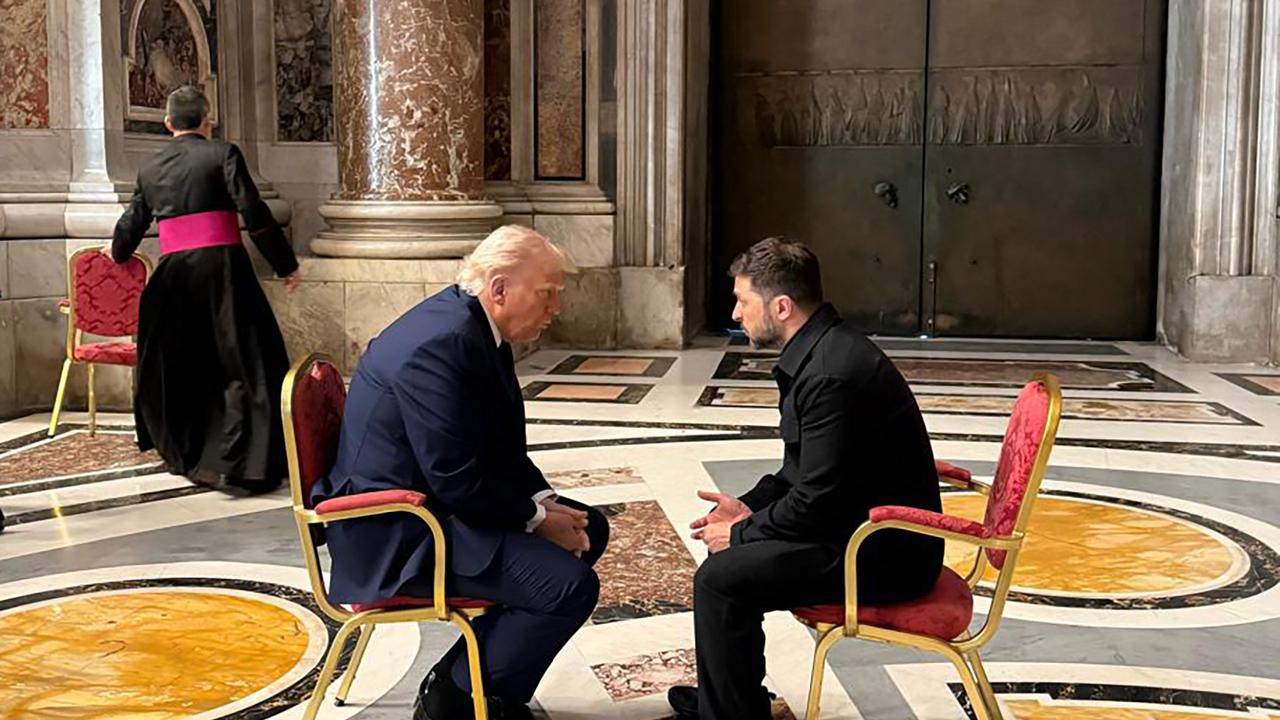
To join the conversation, please log in. Don't have an account? Register
Join the conversation, you are commenting as Logout